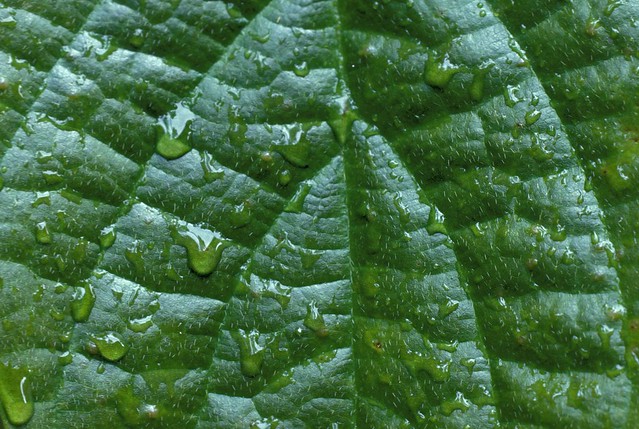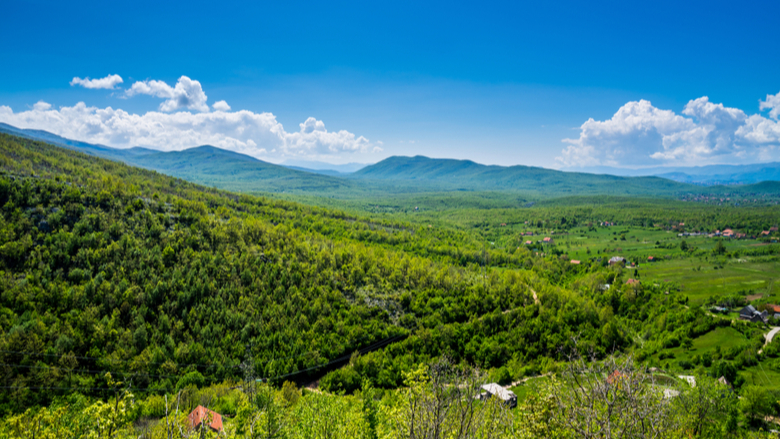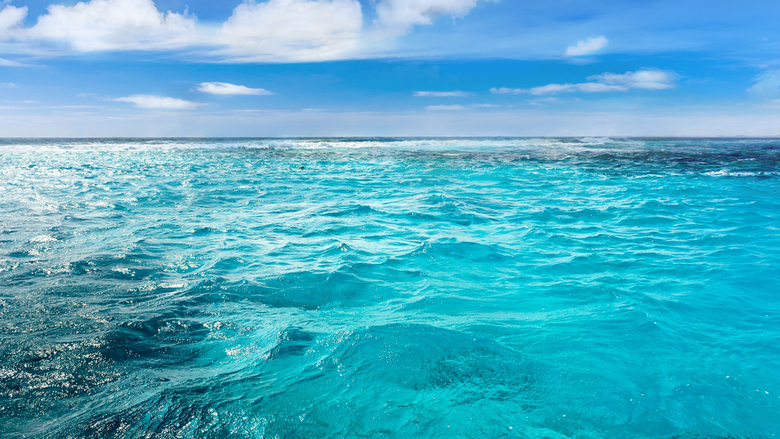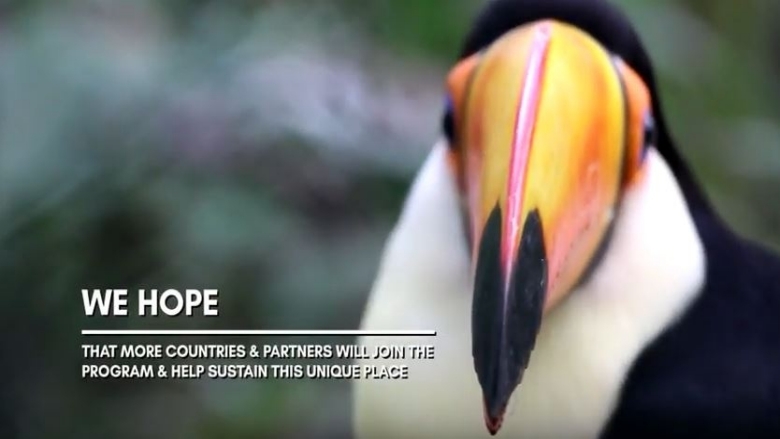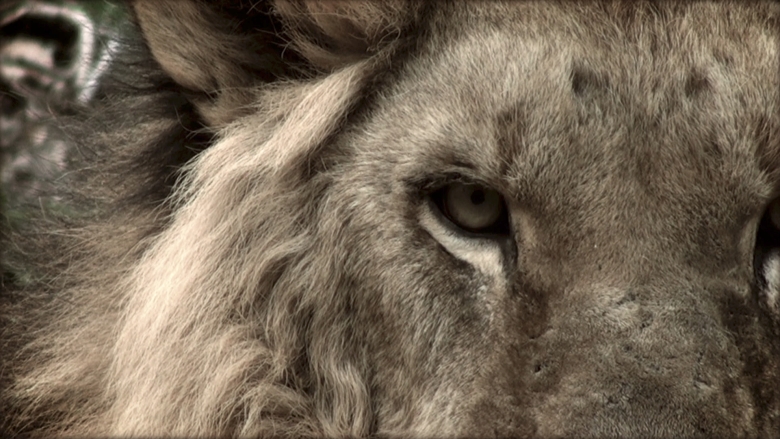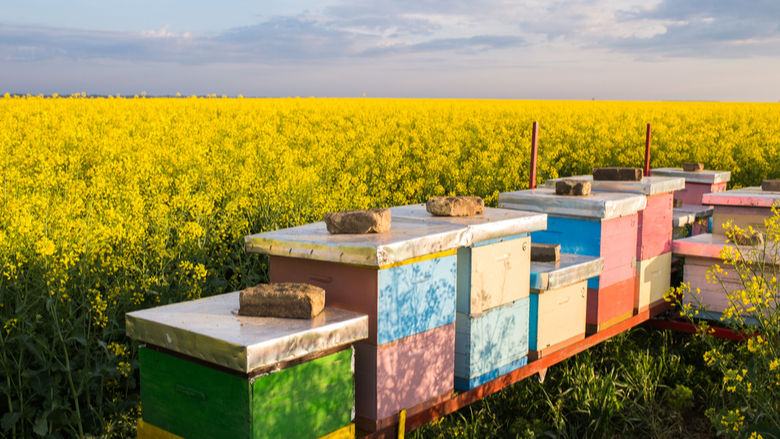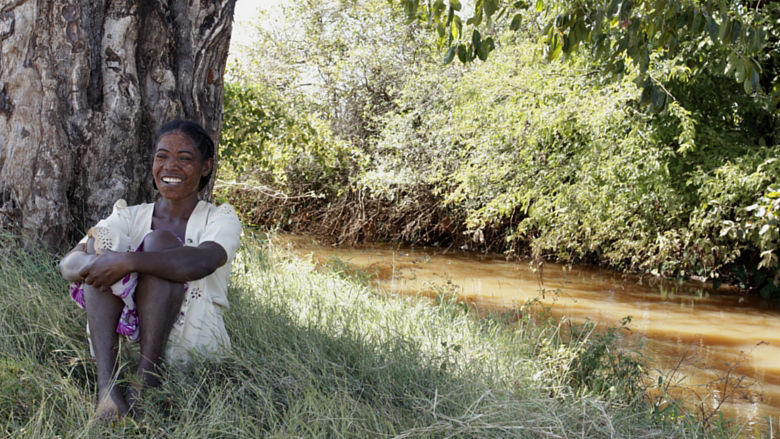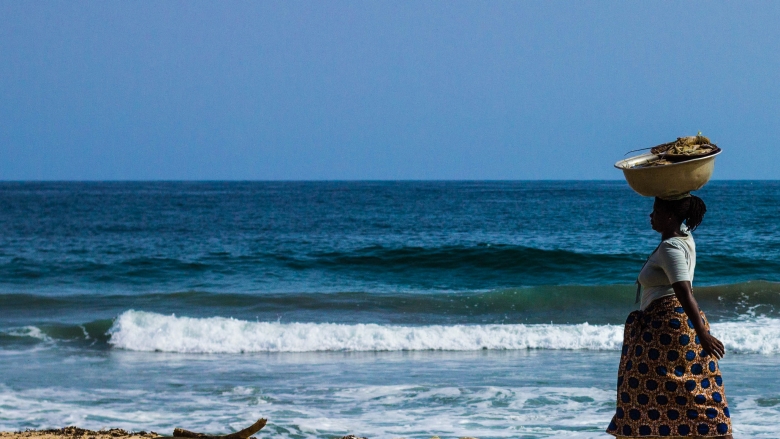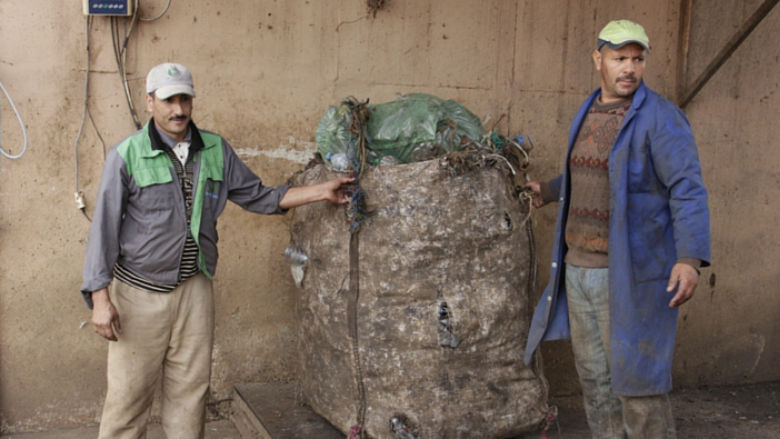Investing in nature requires a whole-of-government and whole-of-society approach – to broaden the coalition of partners across public and private sectors, civil society, philanthropy, multilaterals, the financial sector, and indigenous peoples and local communities. Multi-stakeholder partnerships are a critical aspect of World Bank engagement on the environment, pooling expertise, access, and resources.
The PROBLUE program, administered by the World Bank, supports the development of integrated, sustainable, and healthy marine and coastal resources. PROBLUE is an accelerator for the World Bank’s overall ocean portfolio. PROBLUE focuses on four key areas: sustainable fisheries and aquaculture; marine pollution, including litter and plastics; oceanic sectors such as tourism, maritime transport and offshore renewable energy; and building government capacity to manage marine resources.
PROGREEN—the Global Partnership for Sustainable and Resilient Landscapes—is a World Bank-administered Umbrella Multi-Donor Program that supports rural livelihood development and landscape restoration, while tackling declining biodiversity, forest loss, and deteriorating land fertility.
The Global Program on Sustainability (GPS) promotes the use of high-quality data and analysis on natural capital, ecosystem services, and sustainability to better inform decisions made by governments, the private sector, and financial institutions.
The Global Wildlife Program (GWP) is a grant program spanning projects across 38 countries in Asia, Africa, and Latin America and the Caribbean, with $365 million in GEF financing and $2 billion in co-financing. The GWP addresses issues such as illegal wildlife trade, unsustainable wildlife trade, human-wildlife conflict, and zoonotic spillover risk. It also promotes wildlife-based economies and nature-based tourism as a response to the lack of sustainable livelihood opportunities for local communities. The program enables cooperation and knowledge sharing across national and local governments and partners to create long-lasting impact.
The World Bank also leads the GEF-funded Amazon Sustainable Landscape Program (ASL), which is improving integrated landscape management and ecosystem conservation in seven Amazon countries.
Led by the World Bank, the NBS Invest project aims to increase funding and integrate nature-based solutions into the Bank operations in the world's Least Developed Countries (LDCs). It collaborates with the GEF and 14 countries across Sub-Saharan Africa and Asia, offering knowledge, sharing expertise, and fostering collaboration.
Last Updated: Apr 18,2025


